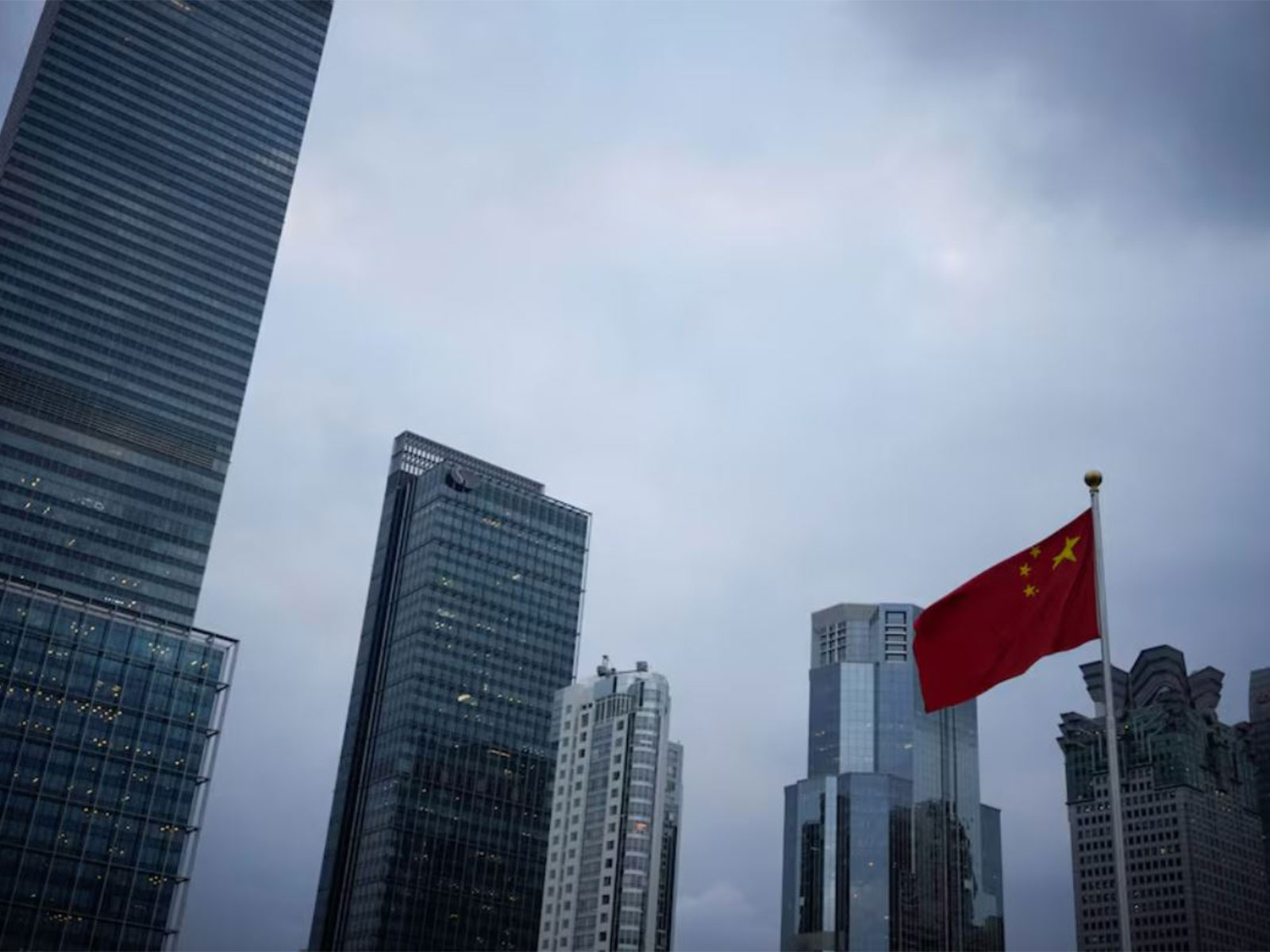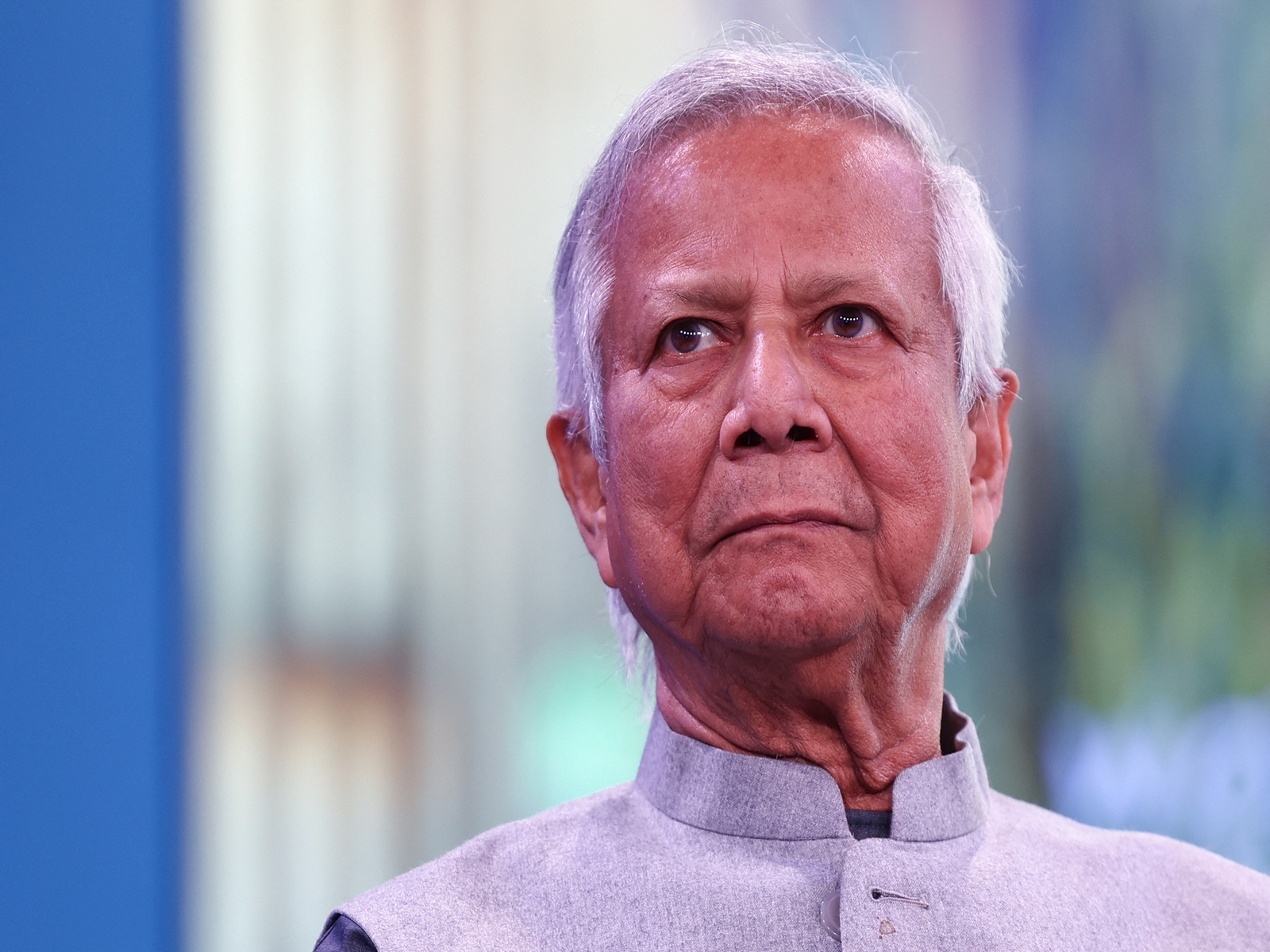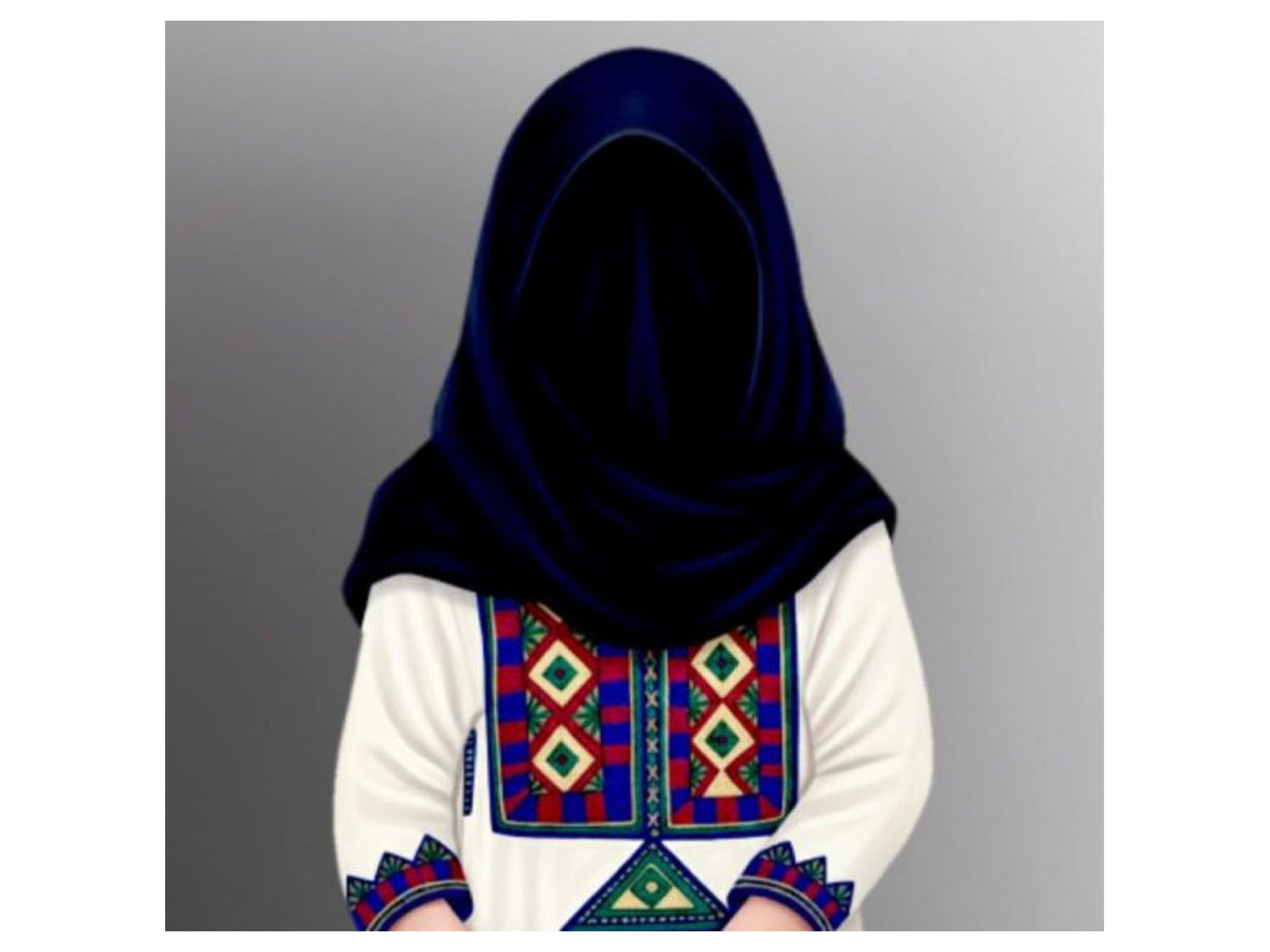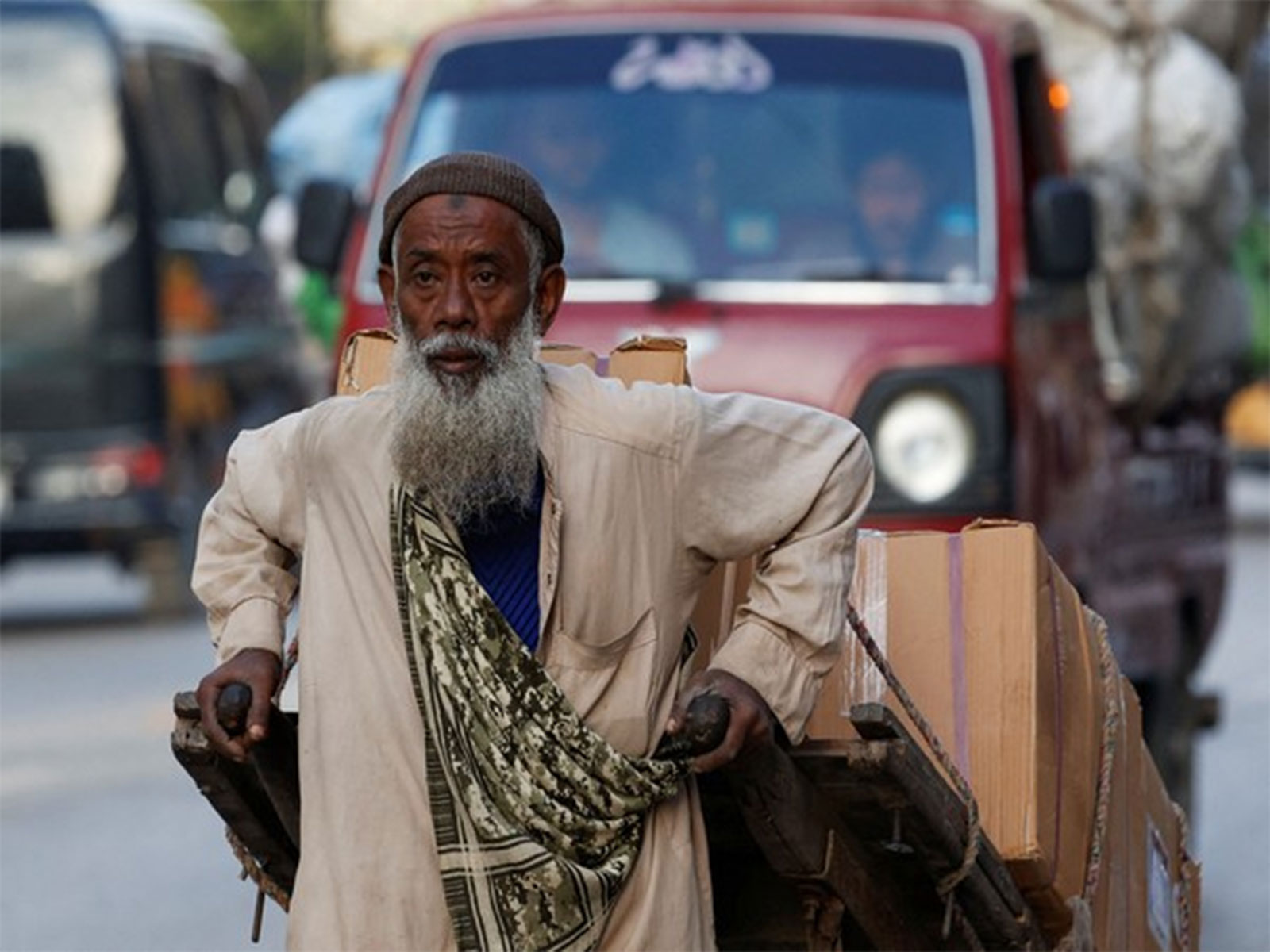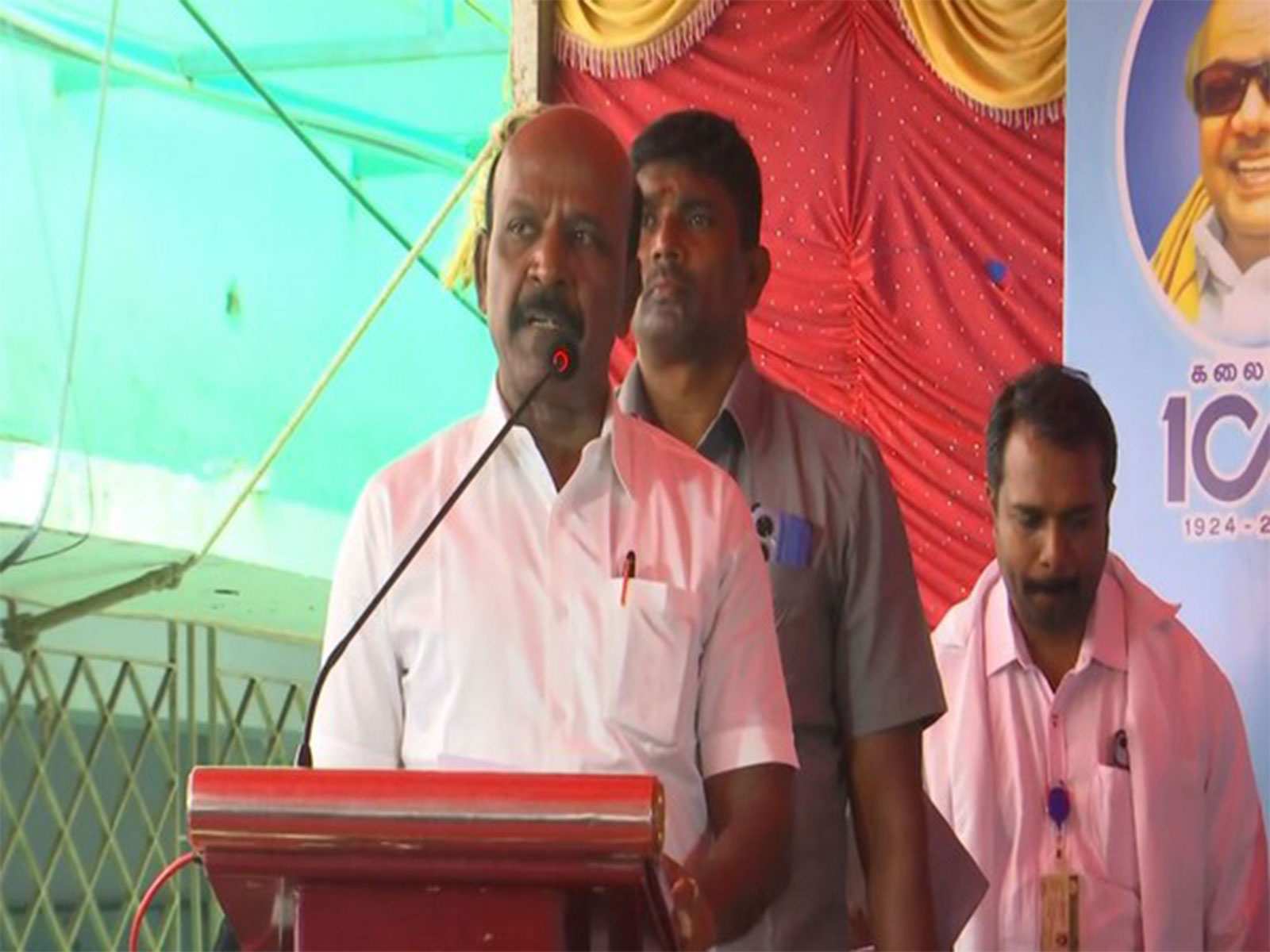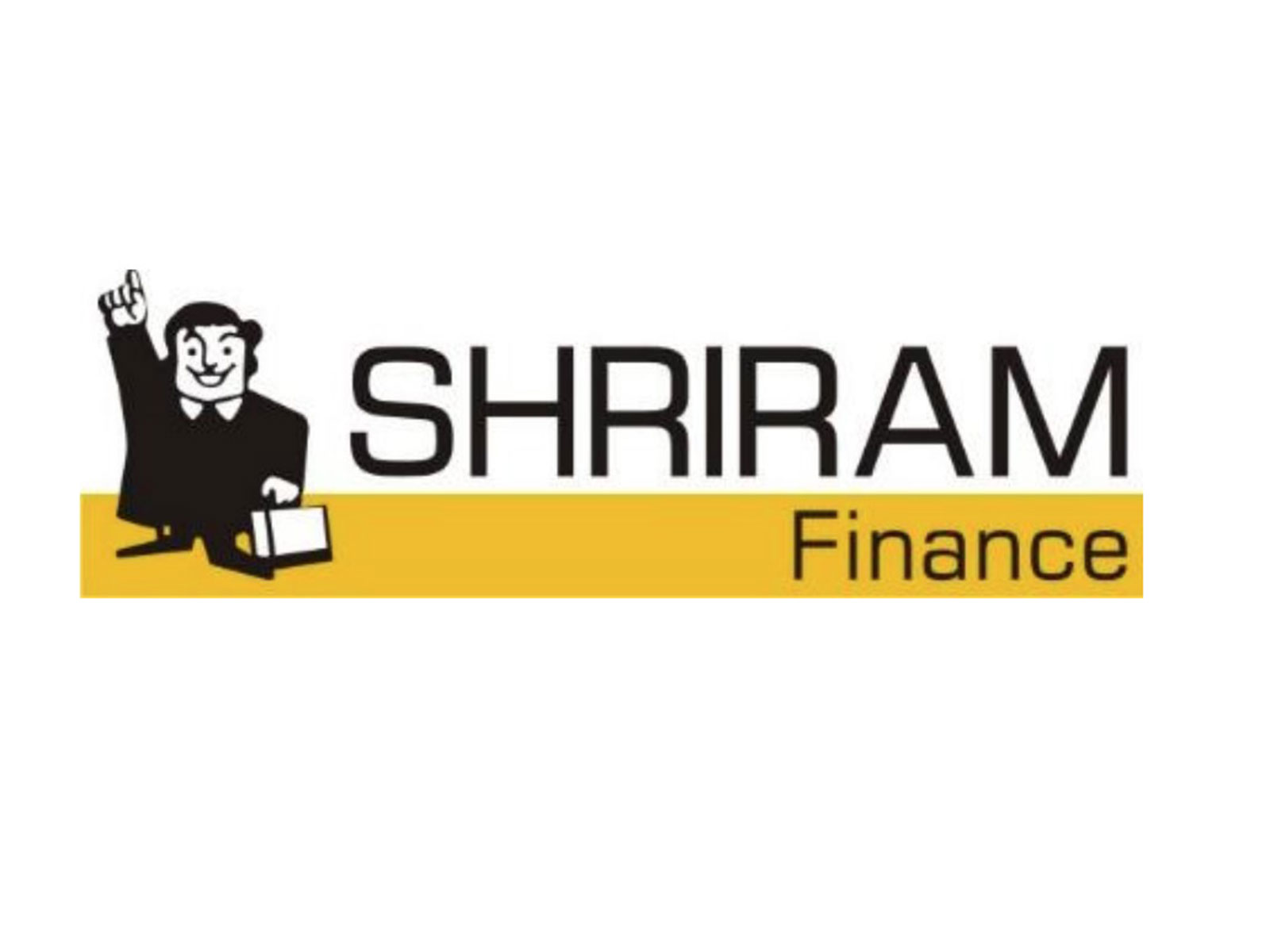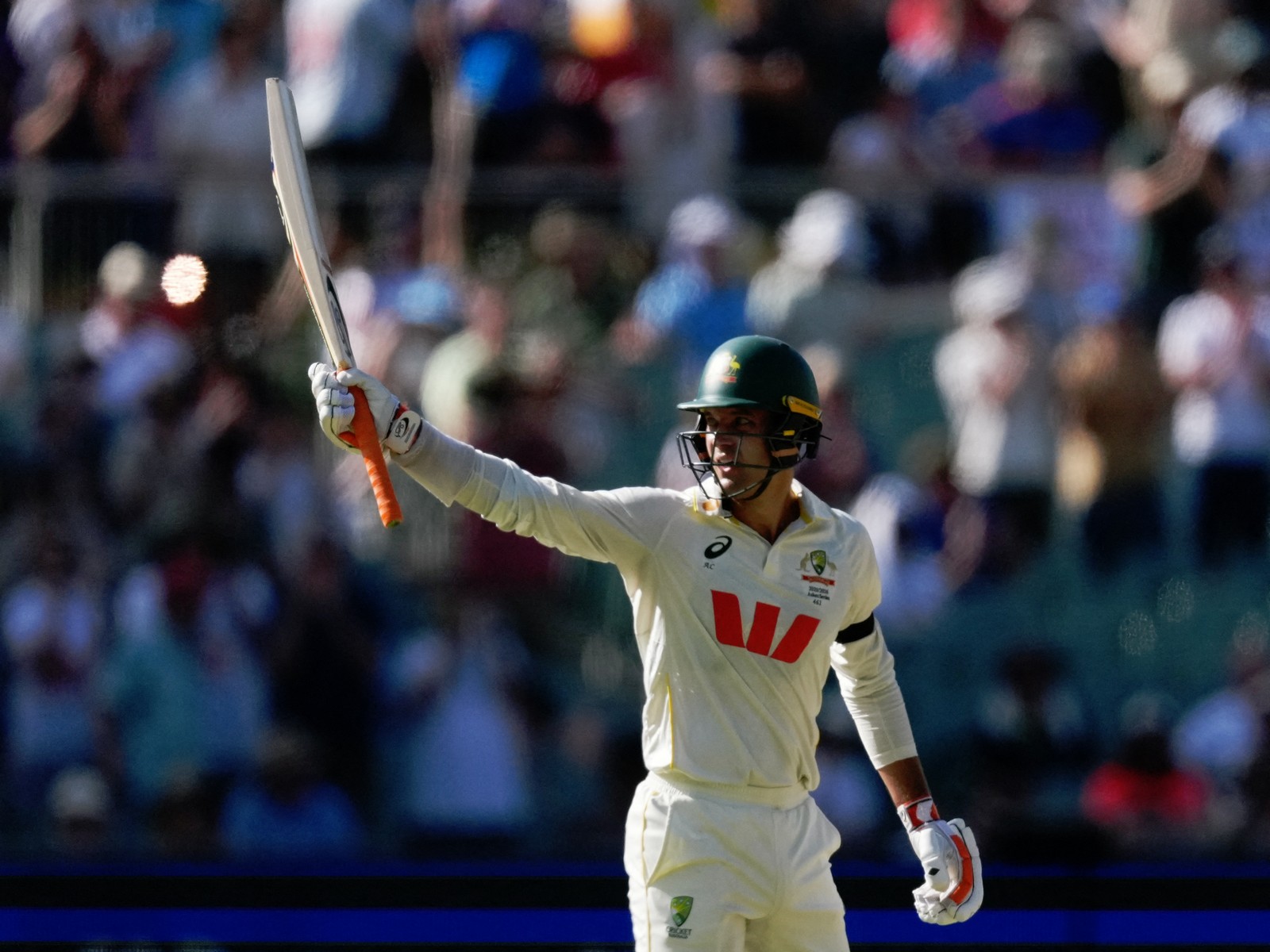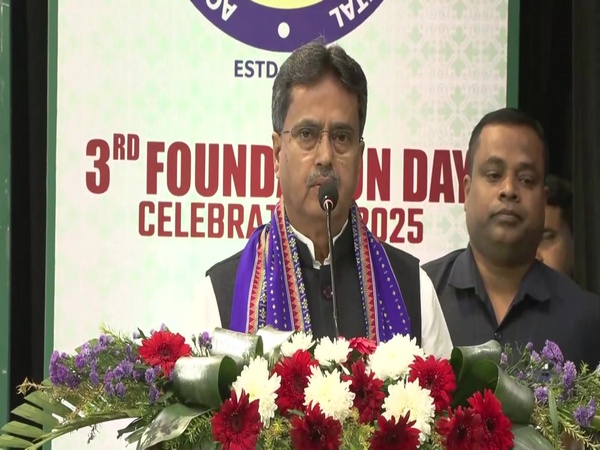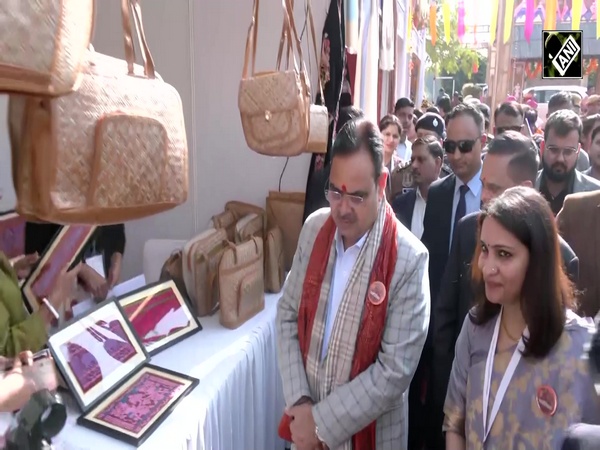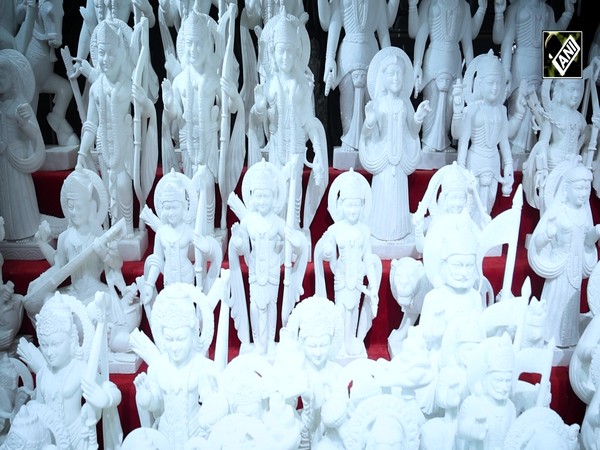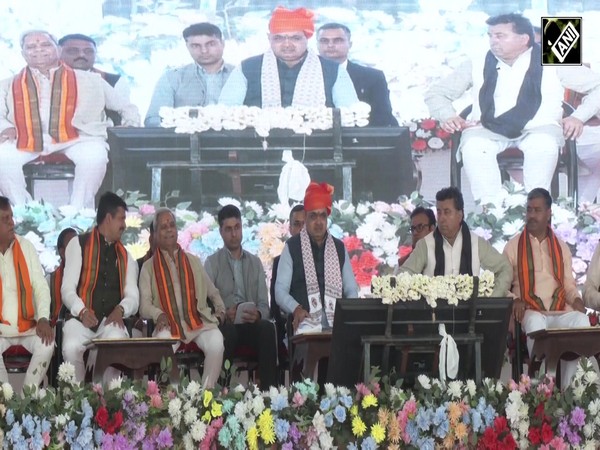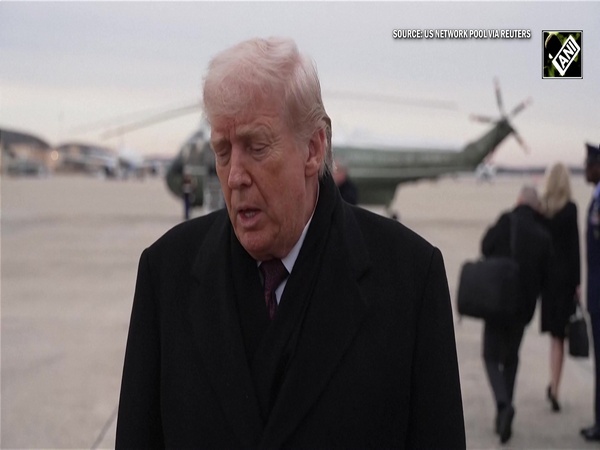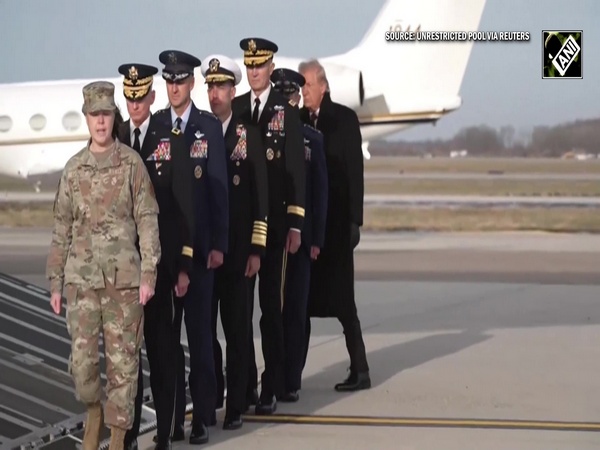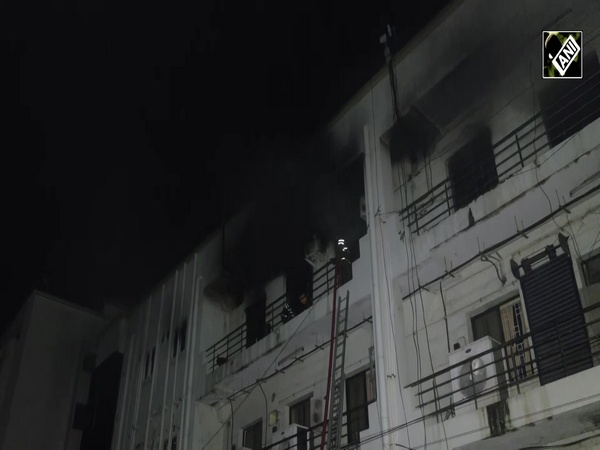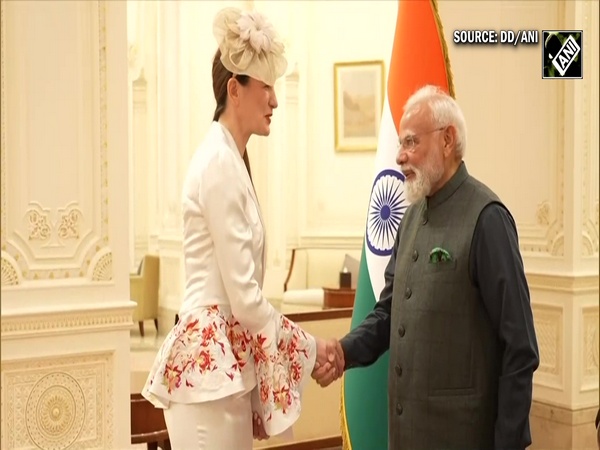Senegal's Constitutional Council confirms Bassirou Diomaye Faye as President
Mar 30, 2024

Dakar [Senegal], March 30 : Senegal's highest judicial authority, the Constitutional Council, has officially affirmed the triumph of opposition leader Bassirou Diomaye Faye in the presidential election, solidifying his path to becoming the nation's fifth president, Al Jazeera reported.
The announcement, made on Friday, sets the stage for Faye's inauguration, slated for April 2nd.
This confirmation follows the validation of provisional results announced earlier in the week, derived from complete vote counts across all polling stations. Faye, known for his anti-establishment stance and affiliation with prominent opposition figure Ousmane Sonko, secured over 54 per cent of the ballots in the delayed presidential election held the previous Sunday.
His primary contender, Amadou Ba, representing the ruling coalition and personally selected by outgoing President Macky Sall, garnered approximately 35 per cent of the vote, according to the Council's findings. Notably, no objections were raised by other candidates in response to the results, as reported by Al Jazeera.
At just 44 years old, Faye's ascent to the presidency makes him the youngest head of state in Africa, marking a significant moment in Senegal's political landscape. The African Union lauded the widespread acceptance of the election outcome, with Chairperson Moussa Faki Mahamat extending warm congratulations to Faye and expressing optimism for his tenure.
French President Emmanuel Macron echoed these sentiments, extending felicitations to Faye and affirming France's commitment to strengthening bilateral relations with Senegal.
Faye's victory carries particular resonance as it comes a mere 10 days after his release from imprisonment. Despite facing charges of contempt of court, defamation, and actions deemed potentially disruptive to public order stemming from critical social media posts, Faye emerged unconvicted and eligible to contest the election.
The scale of Faye's win reflects not only popular discontent with the incumbent leadership but also internal divisions within the ruling coalition, which has seen its influence wane amidst a backdrop of political turmoil and civil unrest over the past three years.
The election, which saw significant voter turnout, served as a referendum on the trajectory of Senegalese politics following a period of instability marked by widespread protests against the government.
Faye's candidacy gained momentum after his ally, Sonko, was disqualified due to a prior conviction for defamation. Sonko's endorsement of Faye further bolstered his standing among voters, positioning him as a viable alternative to the status quo.
Faye, often referred to as 'Diomaye,' campaigned under the banner "Ousmane mooy Diomaye" ("Ousmane is Diomaye" in Wolof), underscoring the symbiotic relationship between him and Sonko. Both men share a background in law and previously served as tax inspectors, leveraging their experiences to denounce corruption and advocate for reform.
The duo co-founded the PASTEF party in 2014, portraying themselves as incorruptible public servants committed to upholding integrity in governance--a message that resonated deeply with Senegalese voters disillusioned with traditional political elites, Al Jazeera reported.
